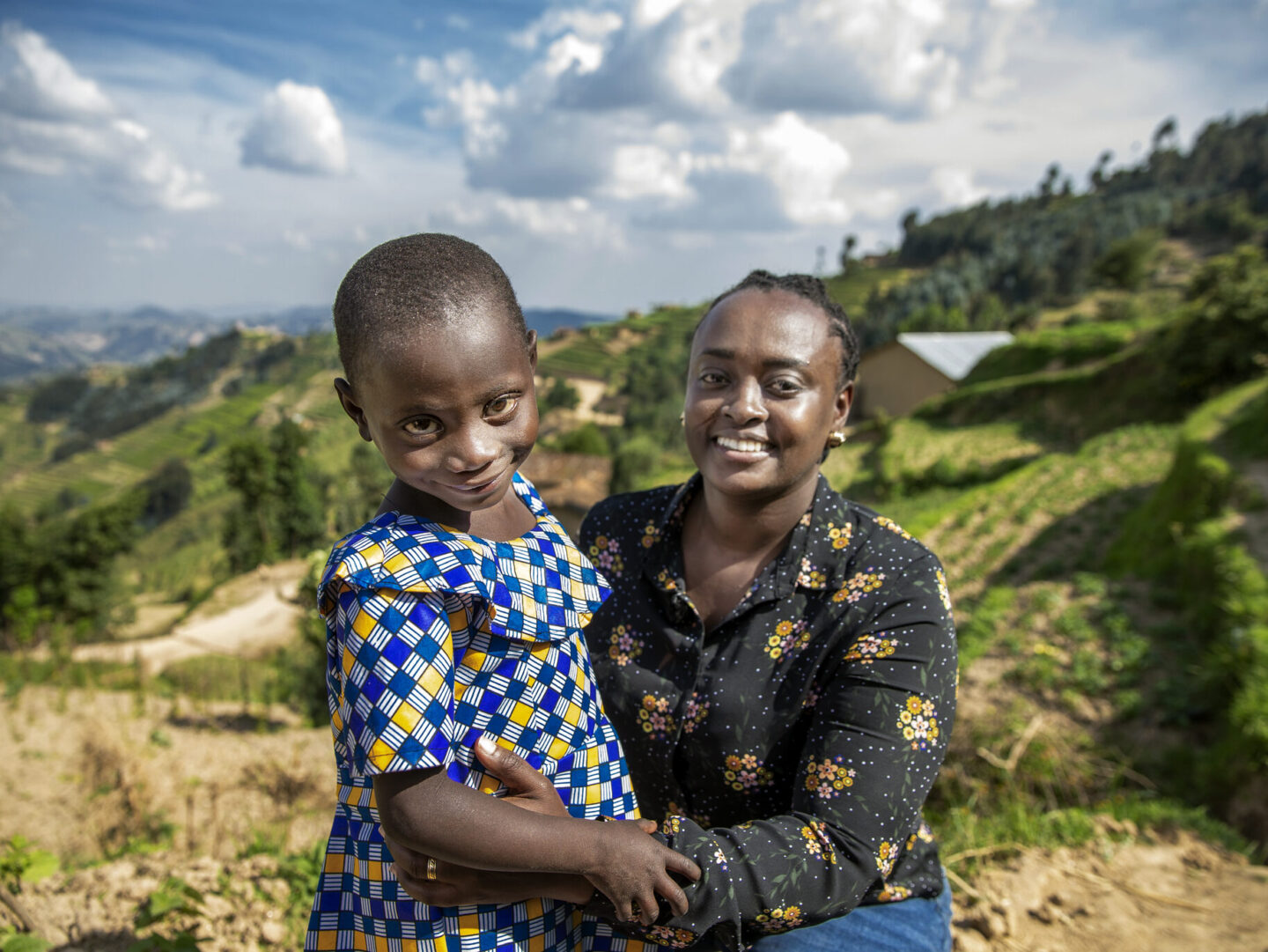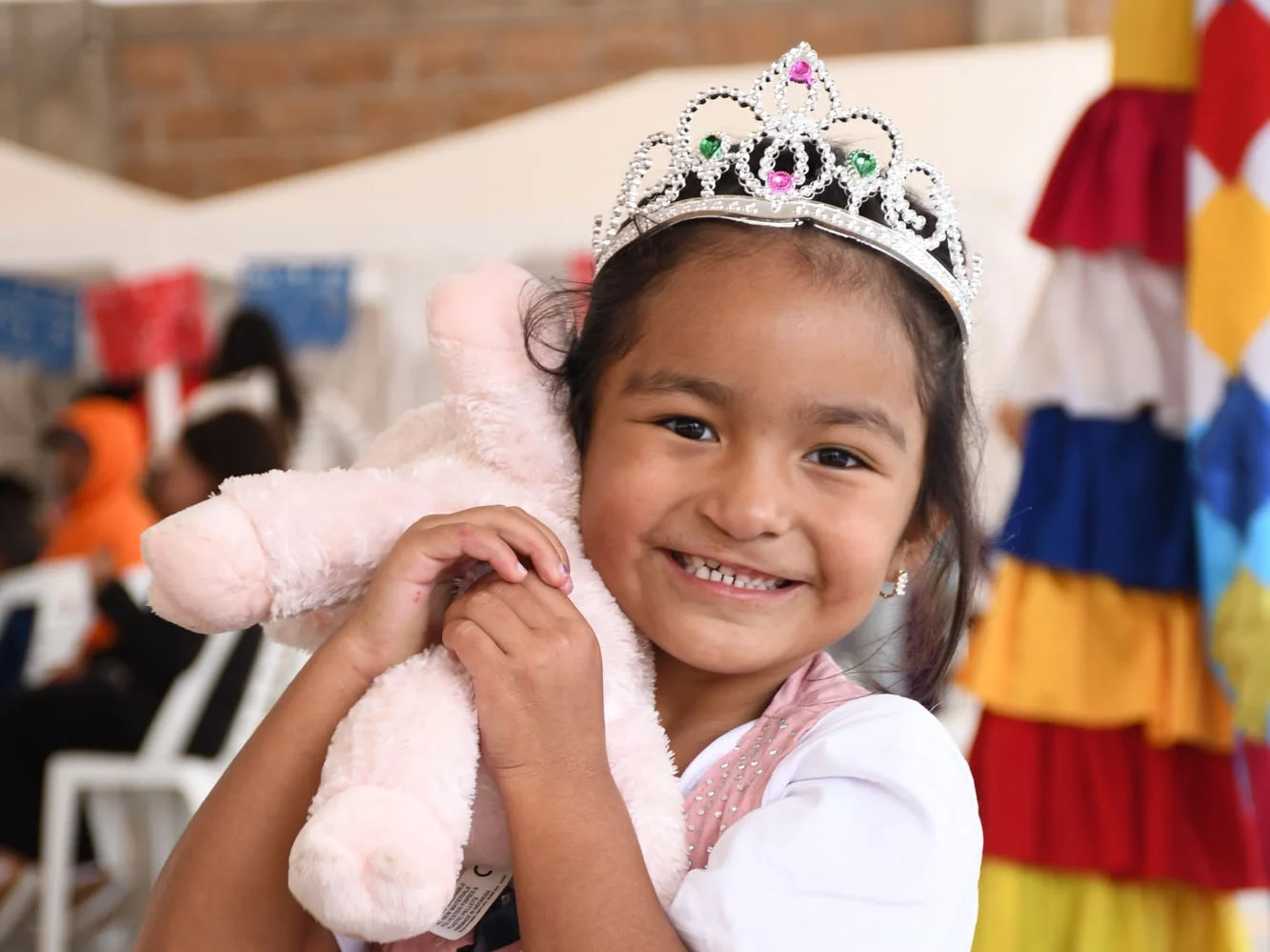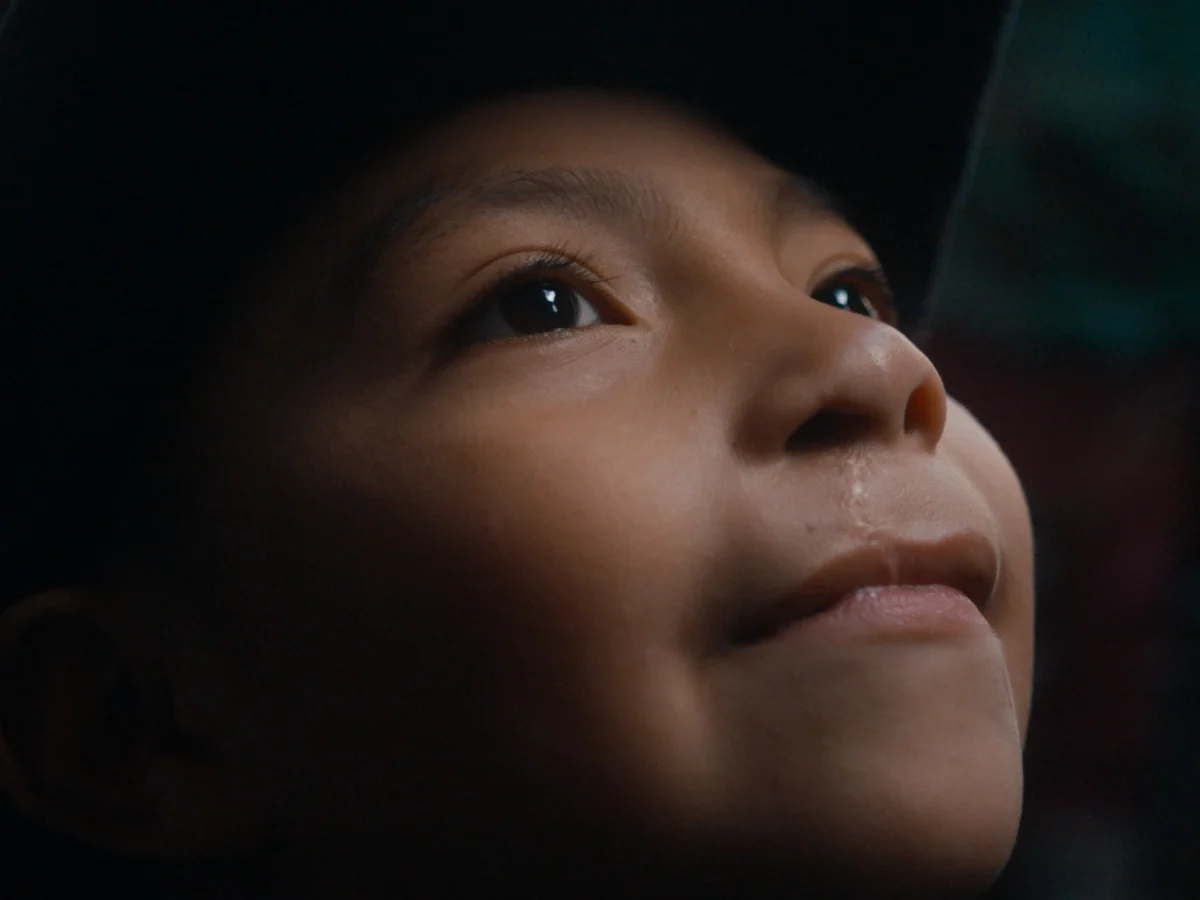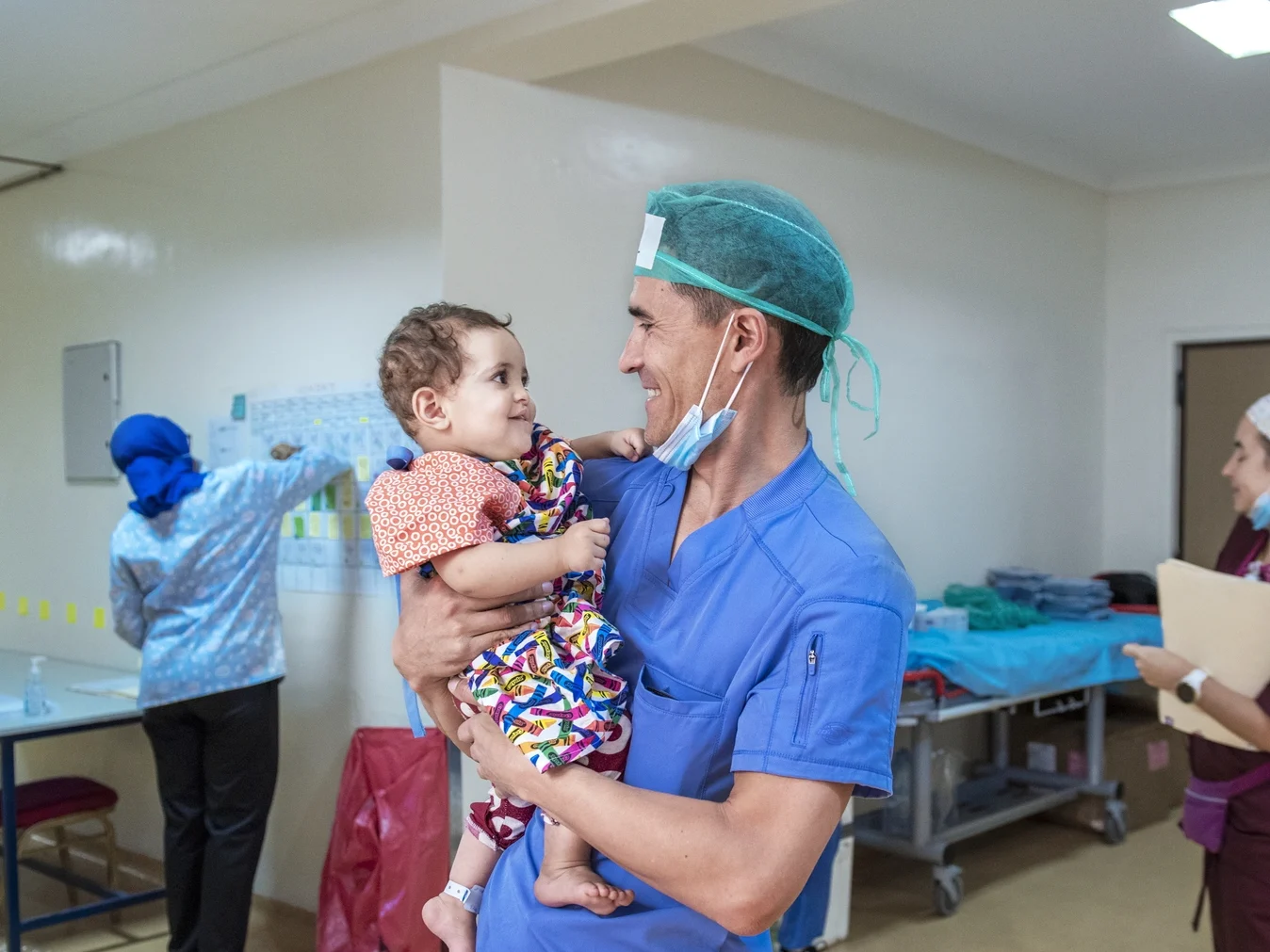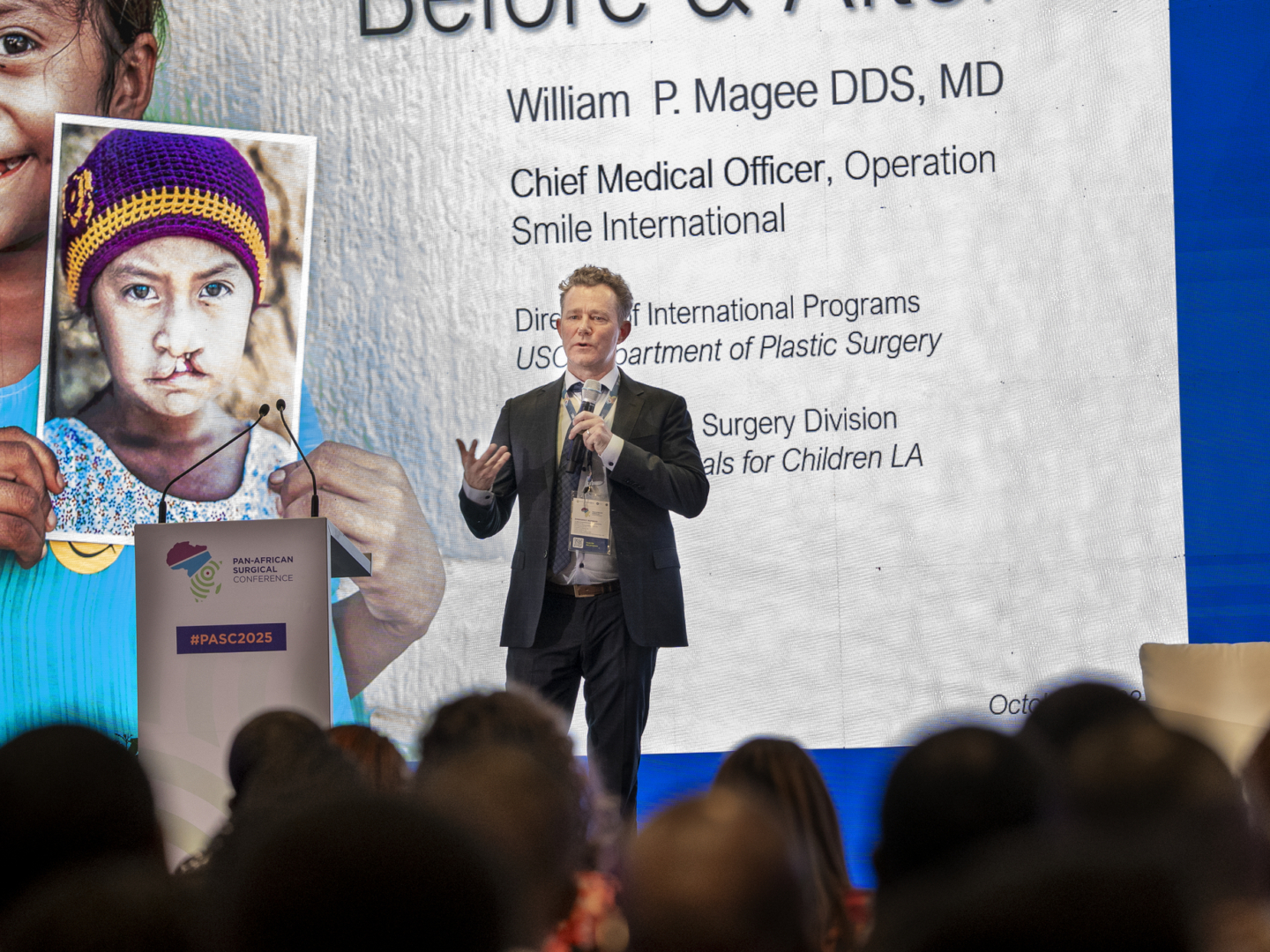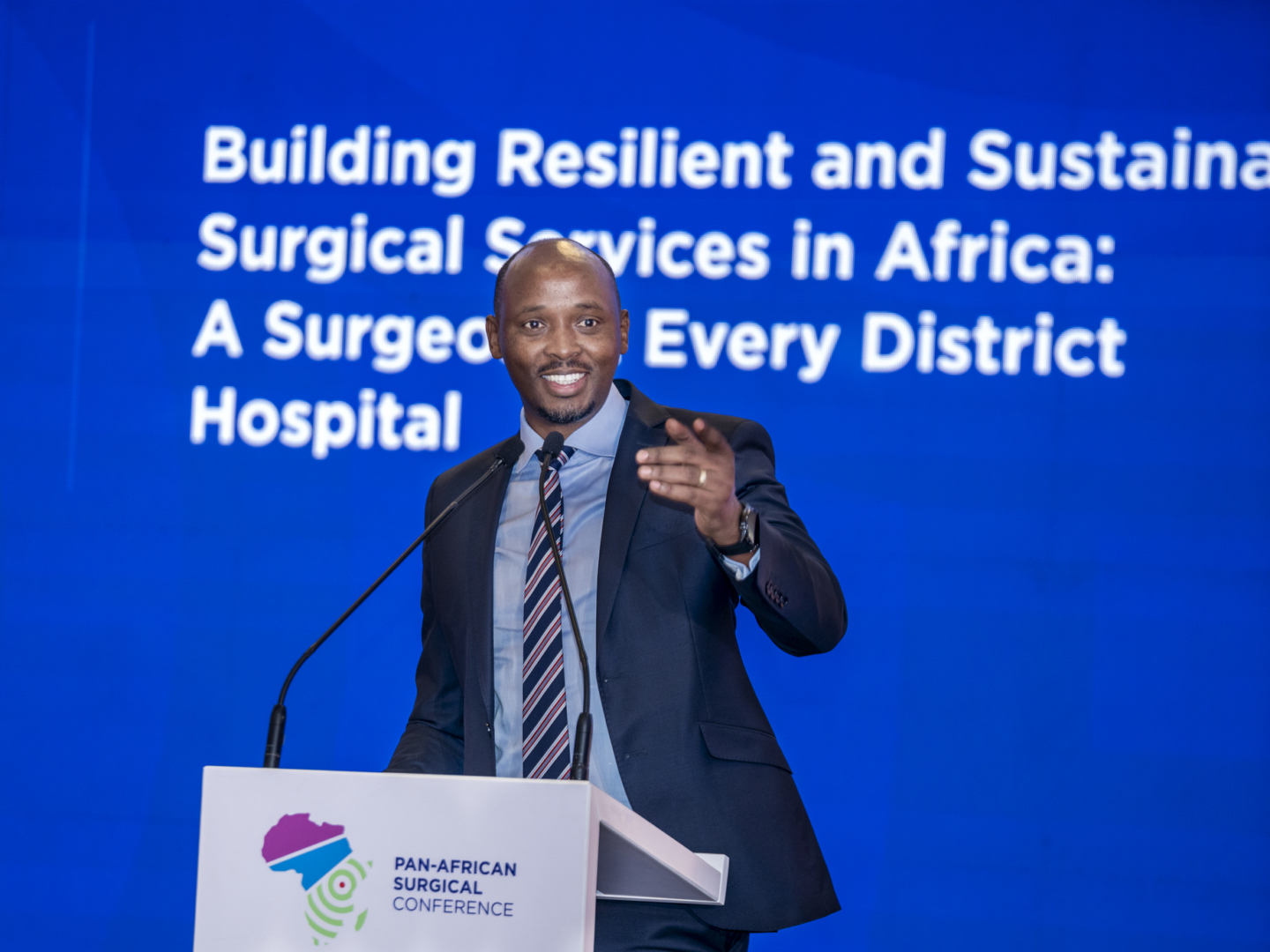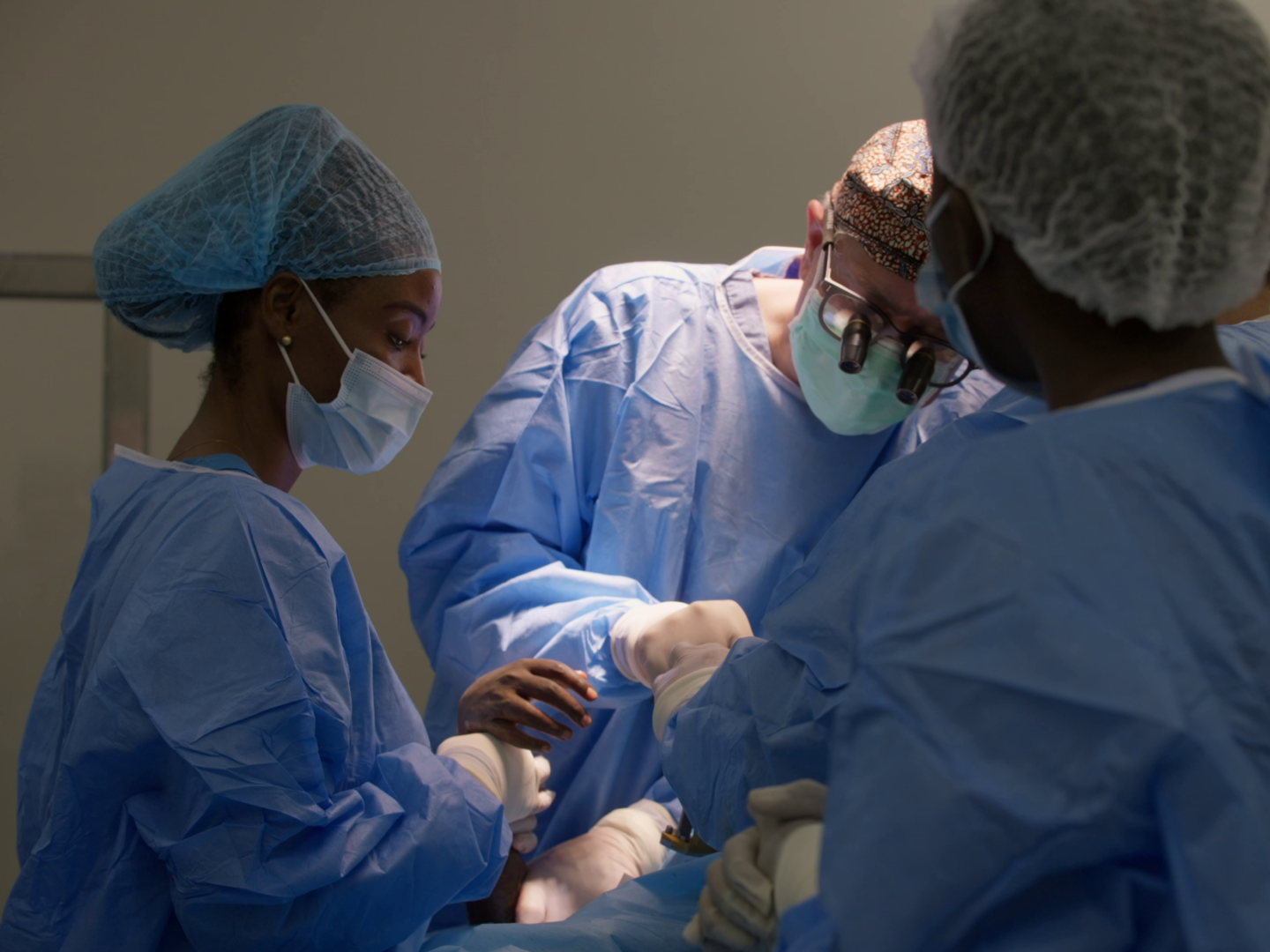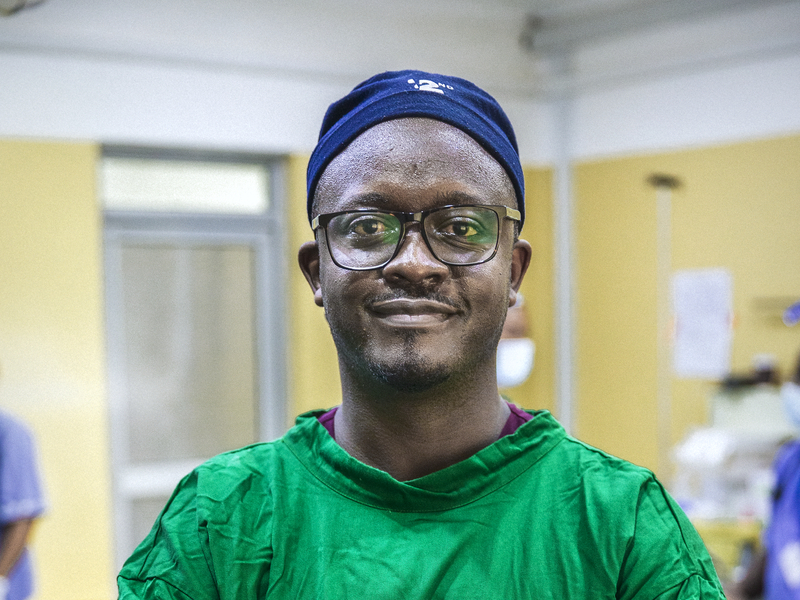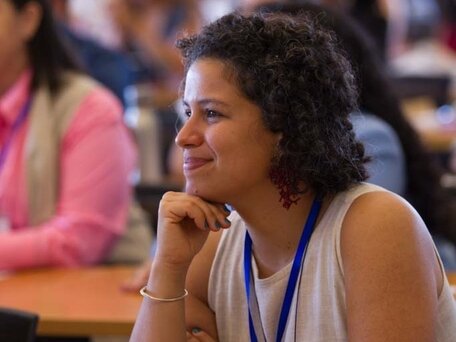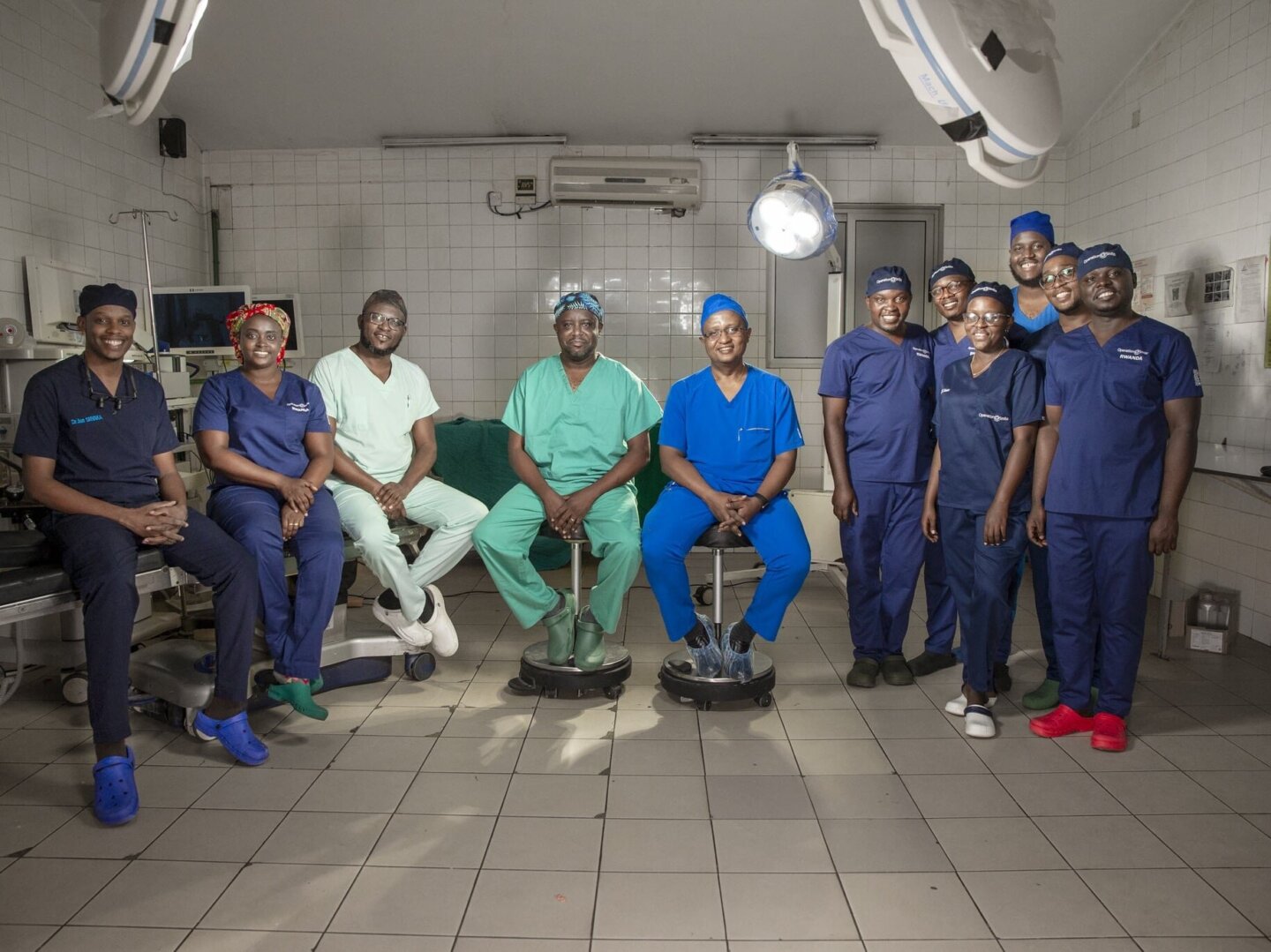Education
Beyond Surgery: Transforming Lives Through Comprehensive Care
Access to care goes far beyond surgery, and training local specialists in nutrition, speech therapy, oral health and psychosocial support helps bring these essential services closer to the communities that need them most.
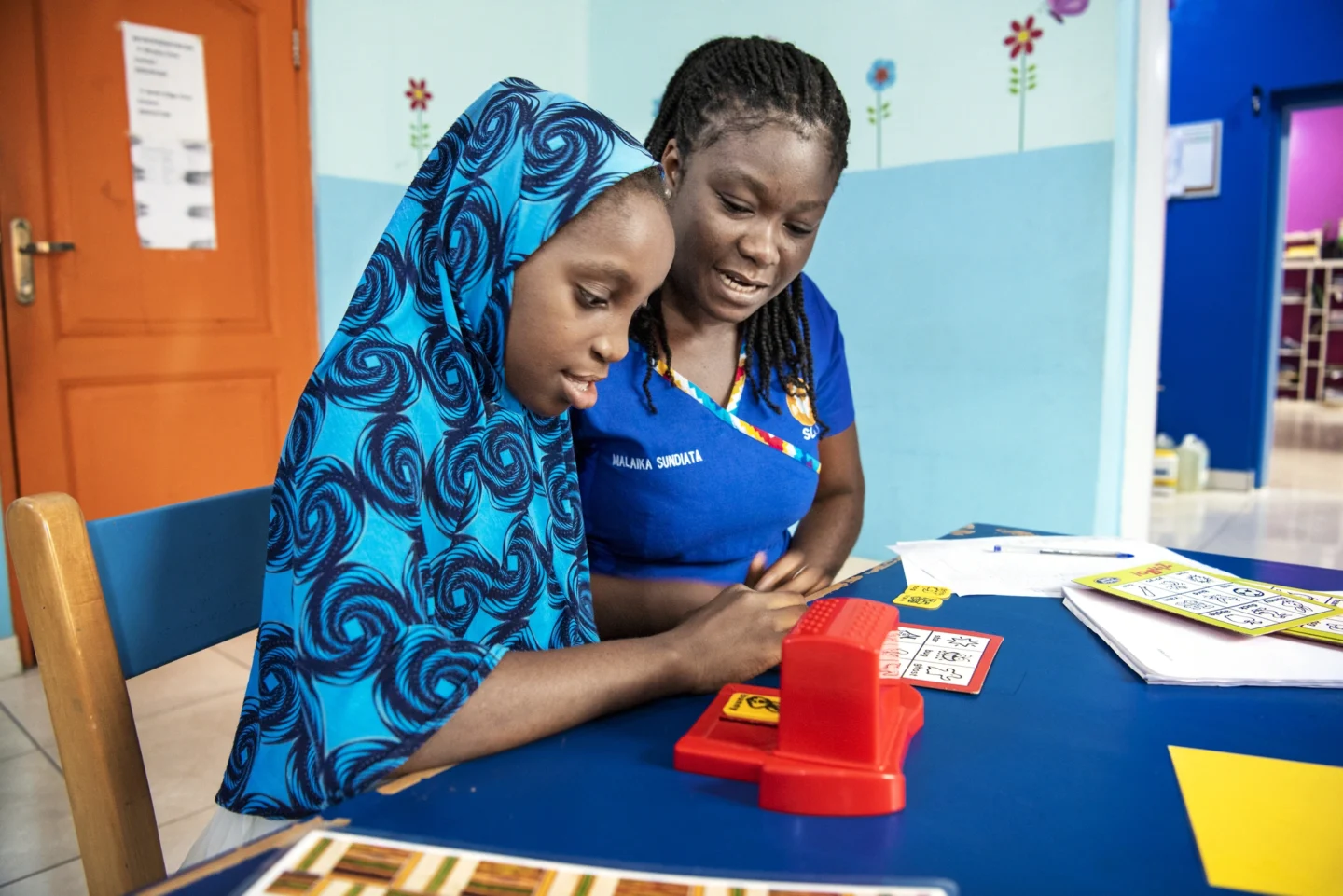
For children born with cleft conditions, surgery is only one step of their health journey. Real progress comes when care addresses every part of a child’s development. Across the globe, Operation Smile supports a holistic approach that integrates surgery with speech therapy, nutrition, oral health and psychosocial support. This ensures each patient receives the full range of services needed to thrive.
“Comprehensive care emphasizes an interdisciplinary approach,” said Charlotte Steppling, senior director of comprehensive care for Operation Smile’s global programs. “We aim to improve not only surgical outcomes but long-term health, development and quality of life. By fostering collaboration across specialties, we support children and their families to thrive within their communities.”
Bridging the Gaps
Many families face barriers that make ongoing care difficult. Remote locations, limited infrastructure and economic challenges can prevent children from receiving follow-up services. Families may not know what services exist or health systems may be fragmented, making coordinated care challenging.
Children with cleft conditions face multiple barriers to care, and the numbers highlight just how urgent the need is. Globally, there are likely more than 118,000 malnourished infants and children under five with cleft conditions. For every child reached through an Operation Smile nutrition program, at least five others may remain unseen. Breastfeeding can be especially difficult for infants with cleft conditions, and many children are at risk of speech difficulties. In regions with a high burden of disease, shortages of trained specialists make access to care even more challenging.
Operation Smile’s comprehensive care trainings address these gaps by equipping local providers with the skills and confidence to deliver multidisciplinary care closer to home. The trainings emphasize hands-on learning, culturally adapted strategies and collaboration across specialties. They also strengthen the local health system’s capacity and develop networks of partners to support, ensuring children receive the care they need in a sustainable way.
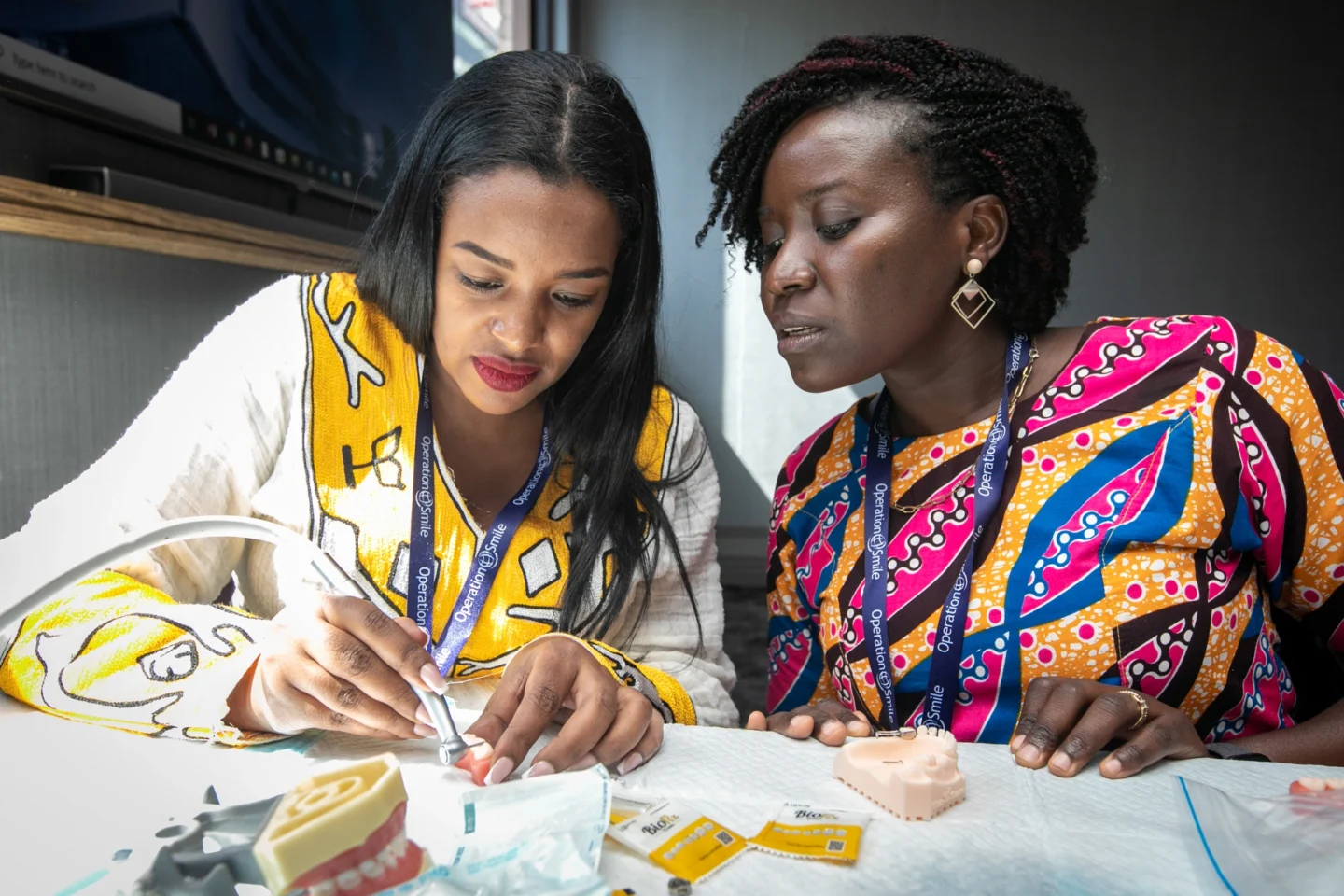
Training Local Leaders
Since 2023, Operation Smile has conducted four comprehensive care trainings, bringing together 258 participants from 31 countries. The inaugural session at Operation Smile’s headquarters in Virginia Beach welcomed 67 trainees, followed by trainings in Casablanca, Cape Town and Cebu.
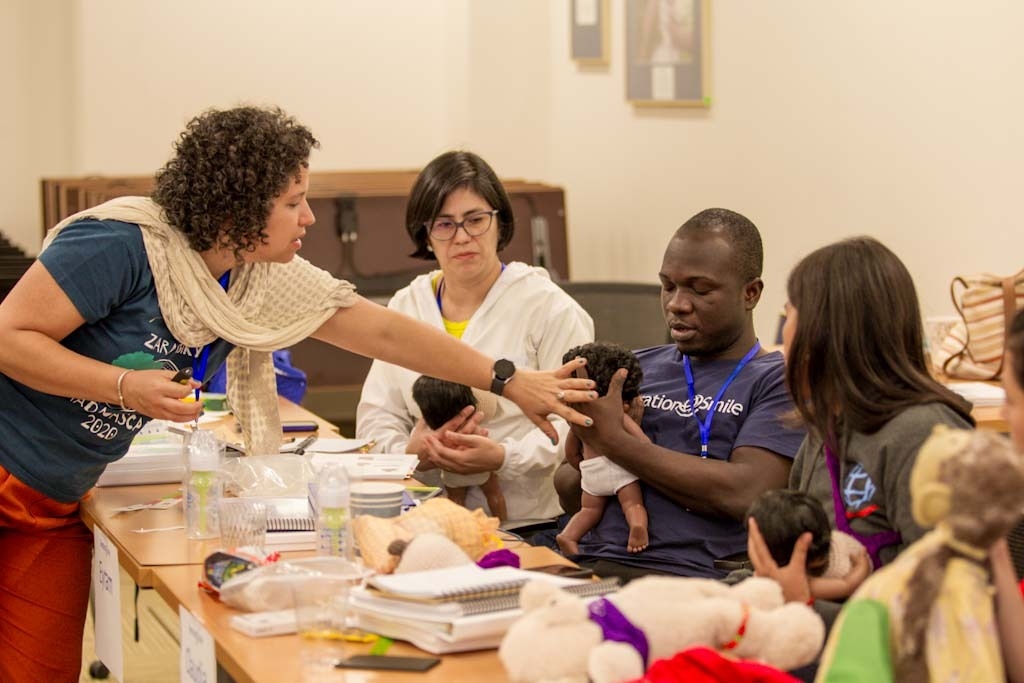
“These gatherings are more than lectures; they are opportunities to create a community of skilled providers who can sustain and expand care,” Steppling said. “We’re really hoping that trainees can go back to their community and implement these new skills and tools learned to uplift not only our patients but their community as a whole.”
Dede Kwadjo, a dietician from Ghana, highlighted the ripple effect: “The more you empower yourself with knowledge, the more you’re able to give the patients the best of care. We are building a knowledge base of well-trained personnel who will be in a better position to give the best care to our patients.”
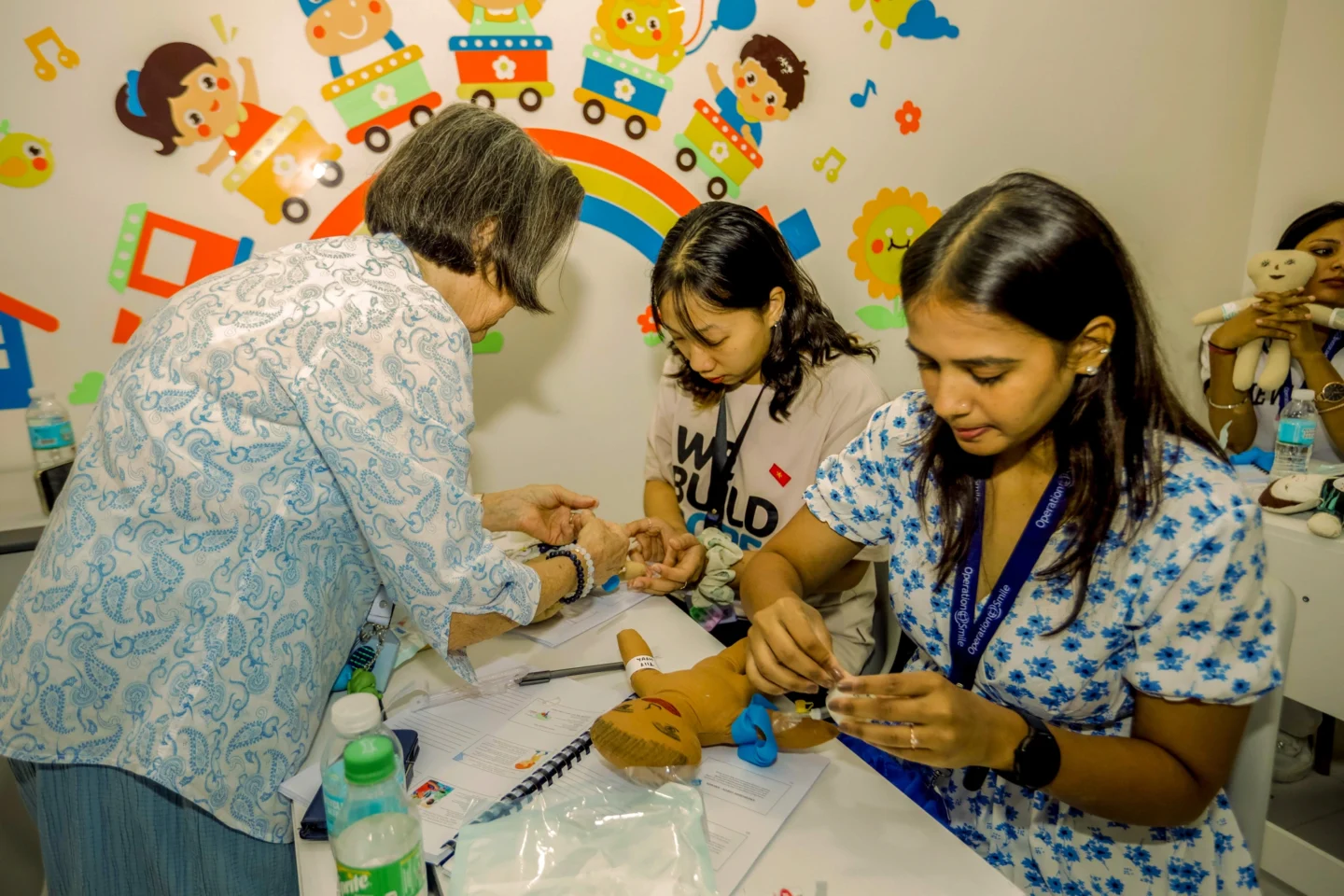
A Multidisciplinary Approach
Speech therapists, nutritionists, dentists and psychosocial care professionals work together during these trainings to develop coordinated care plans. Erika Bostock, a speech therapist from South Africa, explained why specialized training is vital: “A lot of speech therapists don’t get trained in cleft-specific therapy. Education and training is vastly important to ensure we are not wasting the child and family’s time by providing inappropriate intervention.”
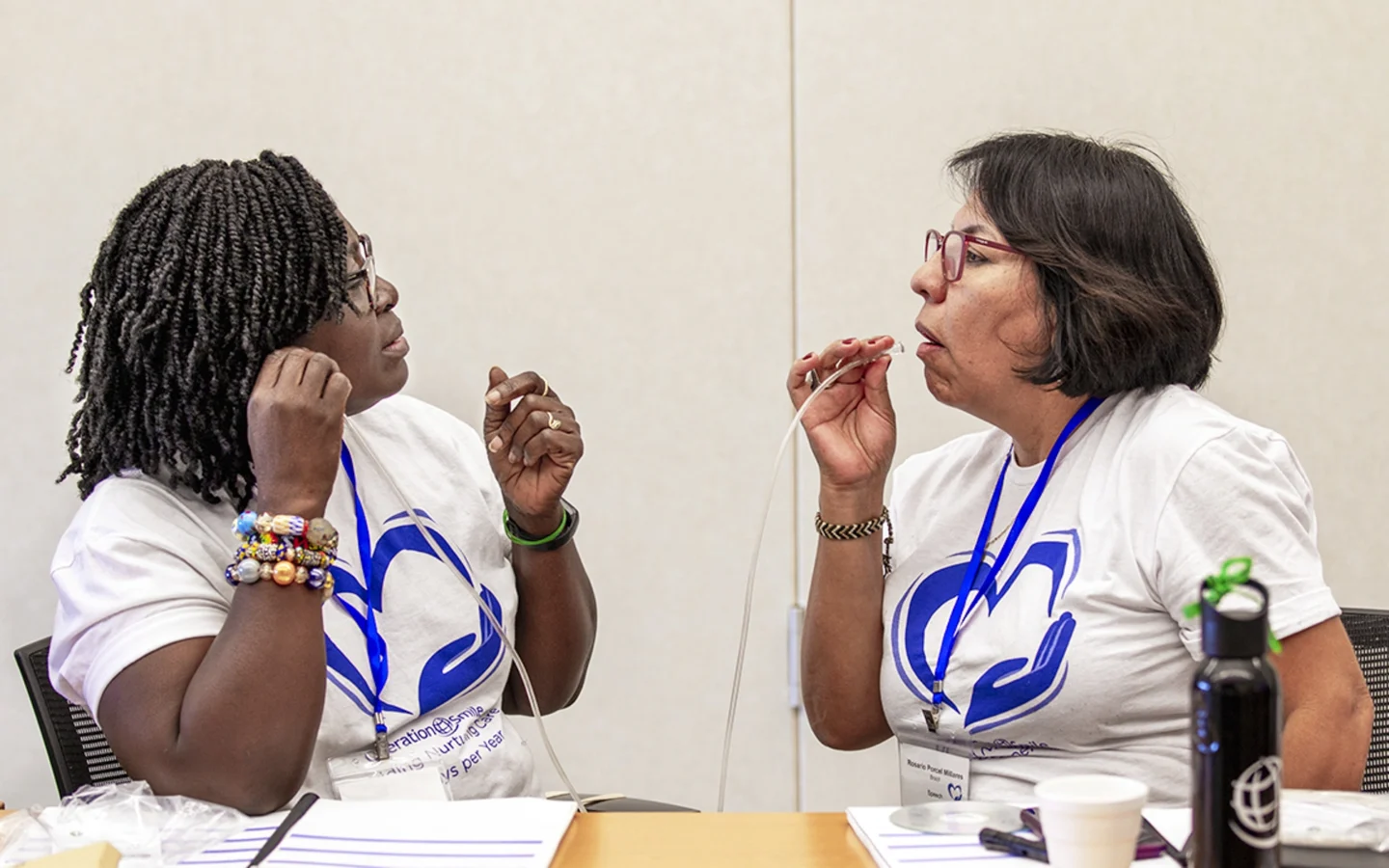
Operation Smile’s comprehensive care trainings don’t just focus on clinical skills; they also equip specialists with tools to engage patients and families in fun, interactive ways. These tools help reinforce learning, support ongoing care at home and make complex topics more approachable for children.
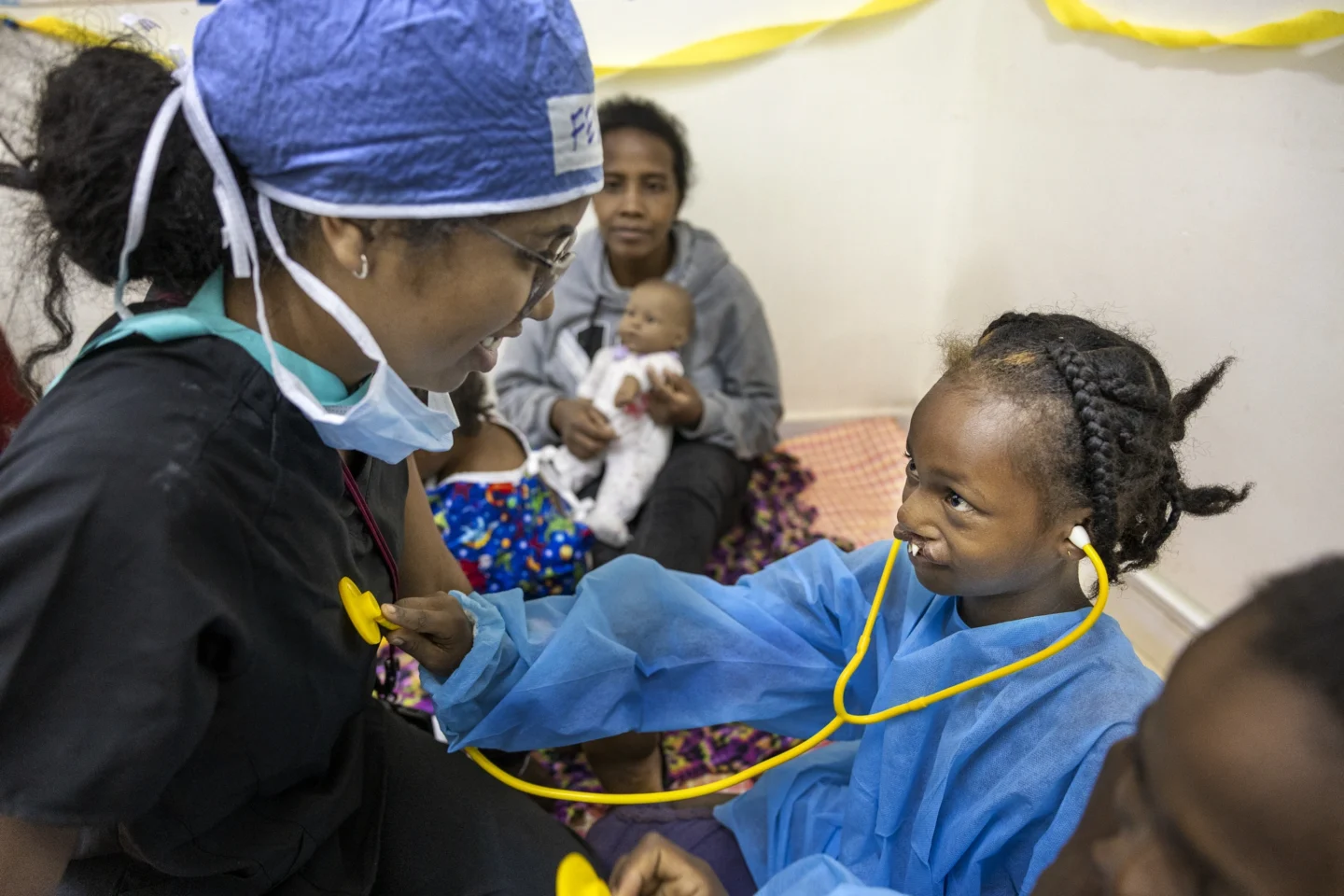
For example, Operation Smile has created a coloring book that offers a playful way to teach children and their communities about oral health and ways to care for their teeth. Babble bags are another resource designed to continue speech therapy at home. Each bag includes items such as a language enrichment booklet, a mirror, bubbles and even oxygen tubing, helping children practice skills in a familiar environment.
Cleft dolls also play a vital role in care and learning. Beyond fostering social skills, empathy and emotional development, dolls that resemble children with cleft conditions give young patients a unique sense of connection and representation. For many children, seeing a doll that looks like them can boost confidence and make the therapeutic process less intimidating, while supporting developmental and emotional growth.
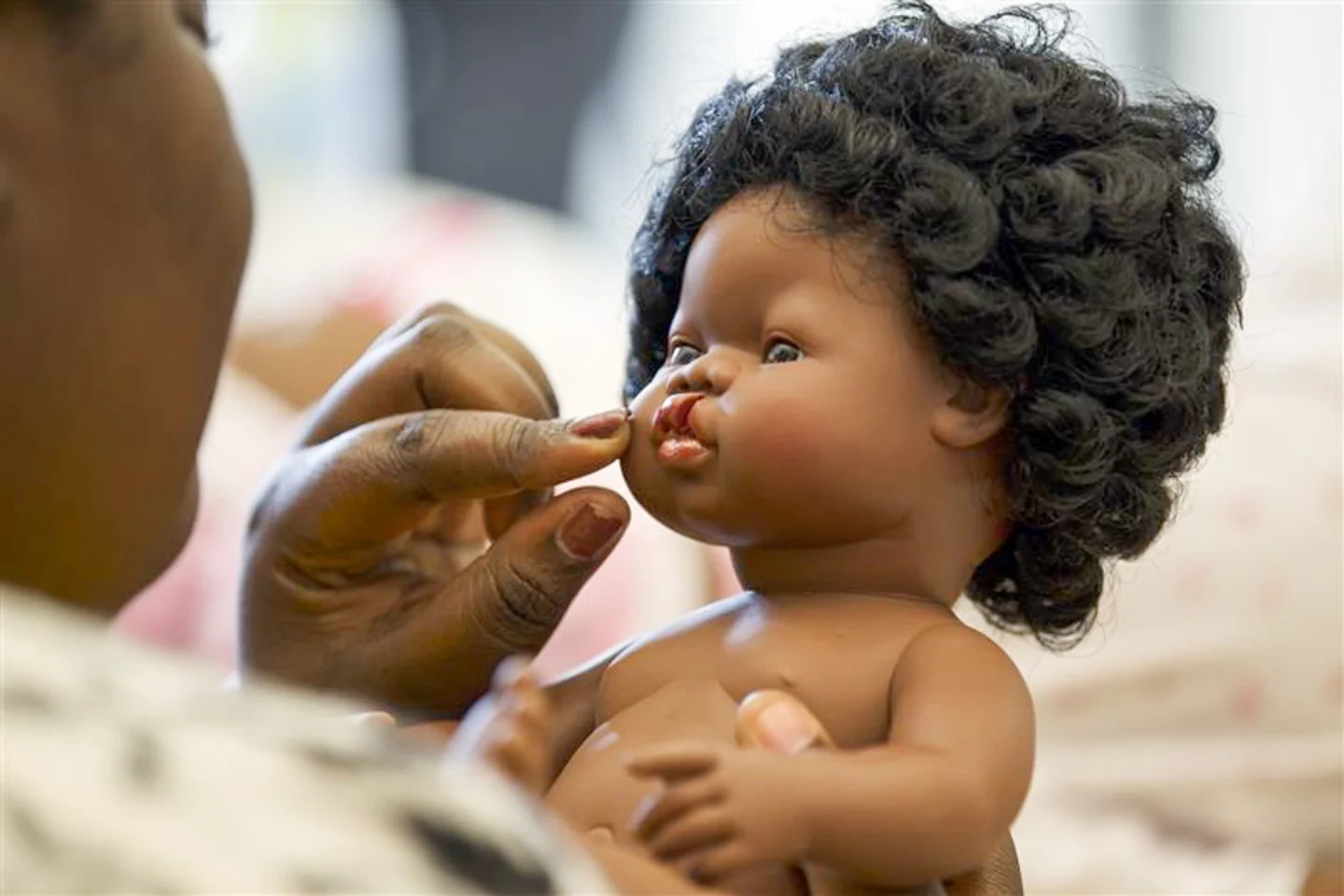
These tools, combined with hands-on training, help specialists connect with patients and families in ways that are practical, memorable and fun, strengthening the impact of comprehensive care far beyond the clinic.
Investing in Lasting Impact
Local providers are trained to mentor others, becoming champions of patient-centered care in their regions.
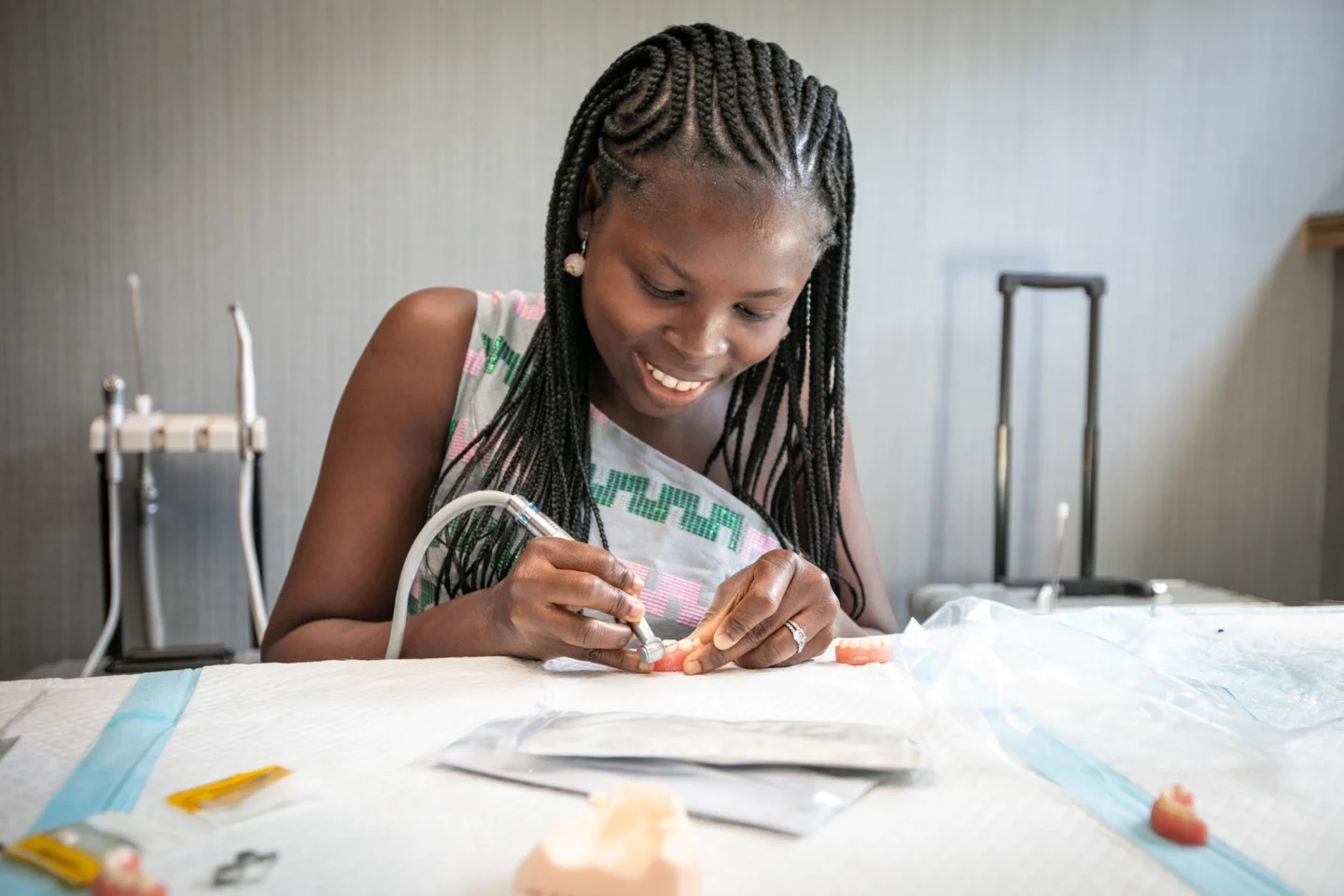
Ashley Myles, senior program manager for nutrition, speech and psychosocial care, emphasized the lasting impact: “By training comprehensive care providers, we not only invest in the communities we serve but also help bring essential services closer to those who need them most. Our commitment to training ensures this critical care reaches not just individual patients, but entire communities.”
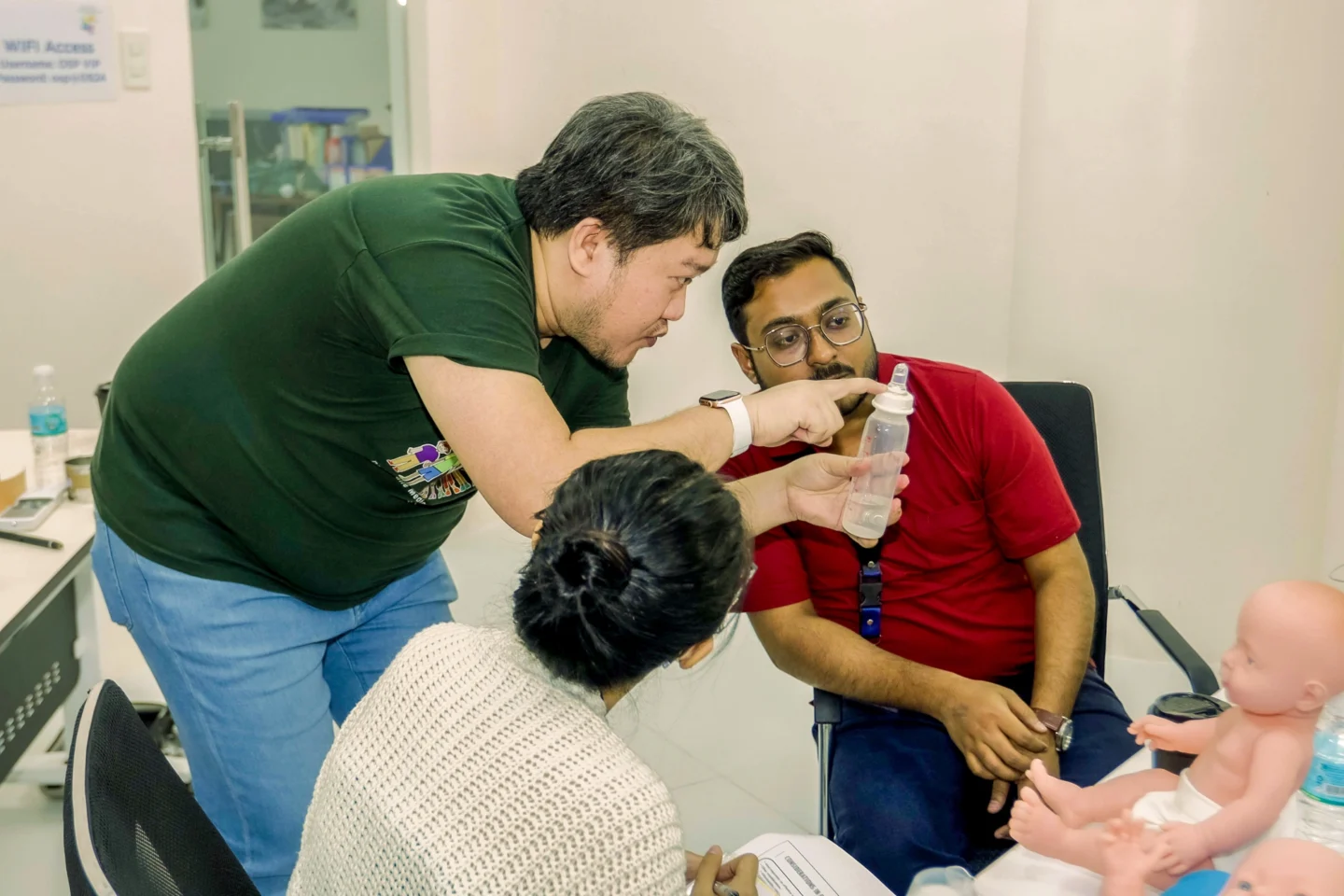
Through these trainings, knowledge is turned into action, equipping local teams to provide sustainable, holistic care that reaches children in the communities where they live. Scarlett Gomez, a speech therapist from Nicaragua, put it simply: “I love being able to pass [knowledge] on. Training people and keeping up with education programs or conferences allows us to actually reach way more people in all corners of the world.”
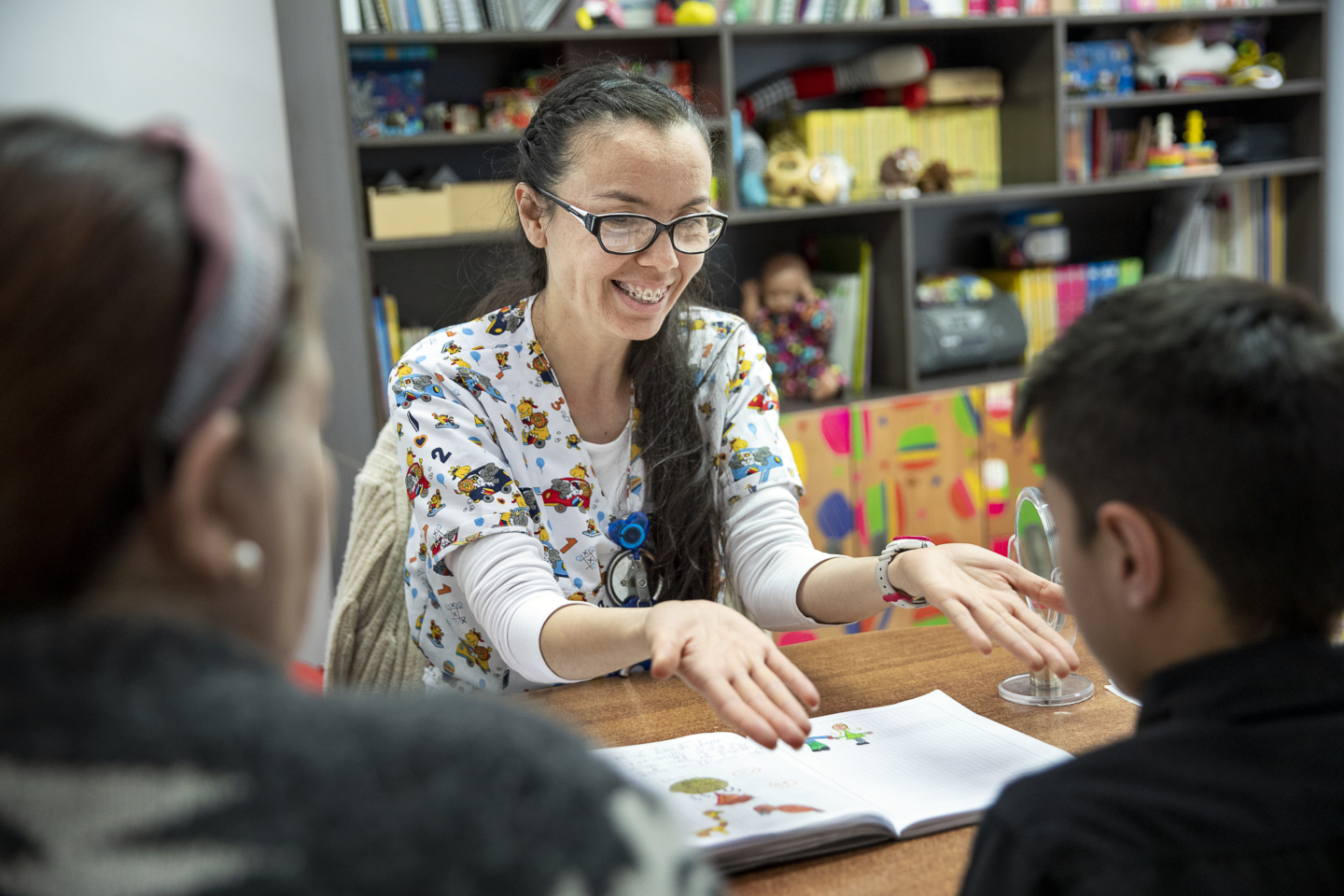
By combining surgery with comprehensive support, children with cleft conditions gain access to care that addresses every part of their development, nutrition, speech, oral health and psychosocial support, helping them reach their full potential within their communities.
Bring Care Closer to Home
Help bring comprehensive care closer to children in need; your support equips local providers and strengthens communities worldwide.
